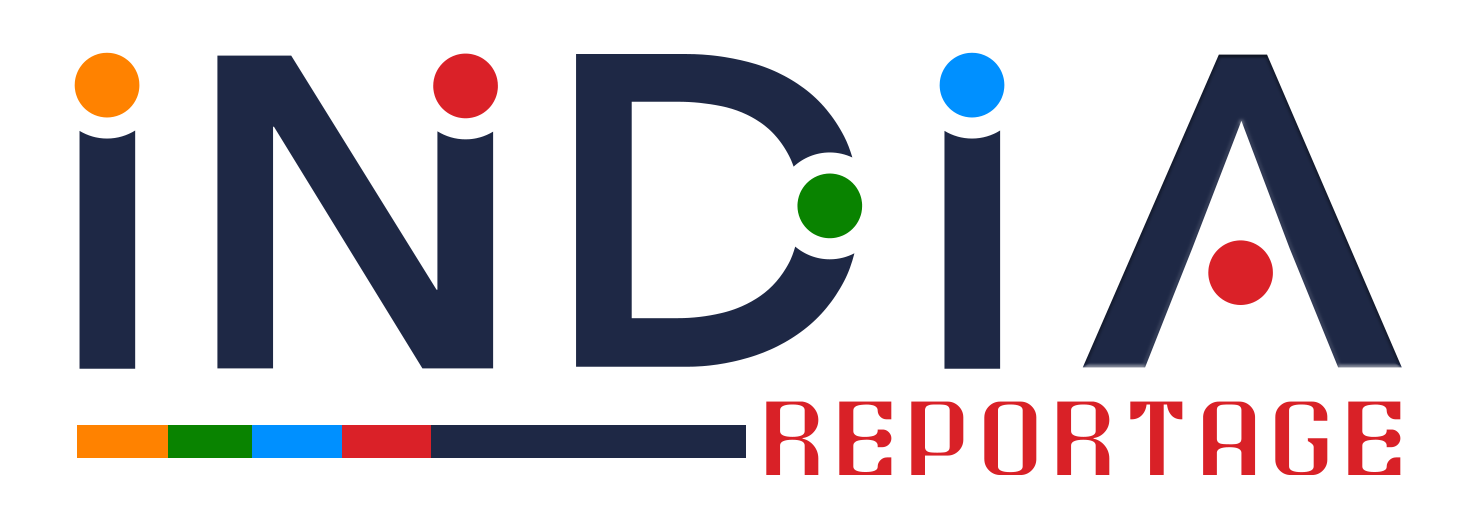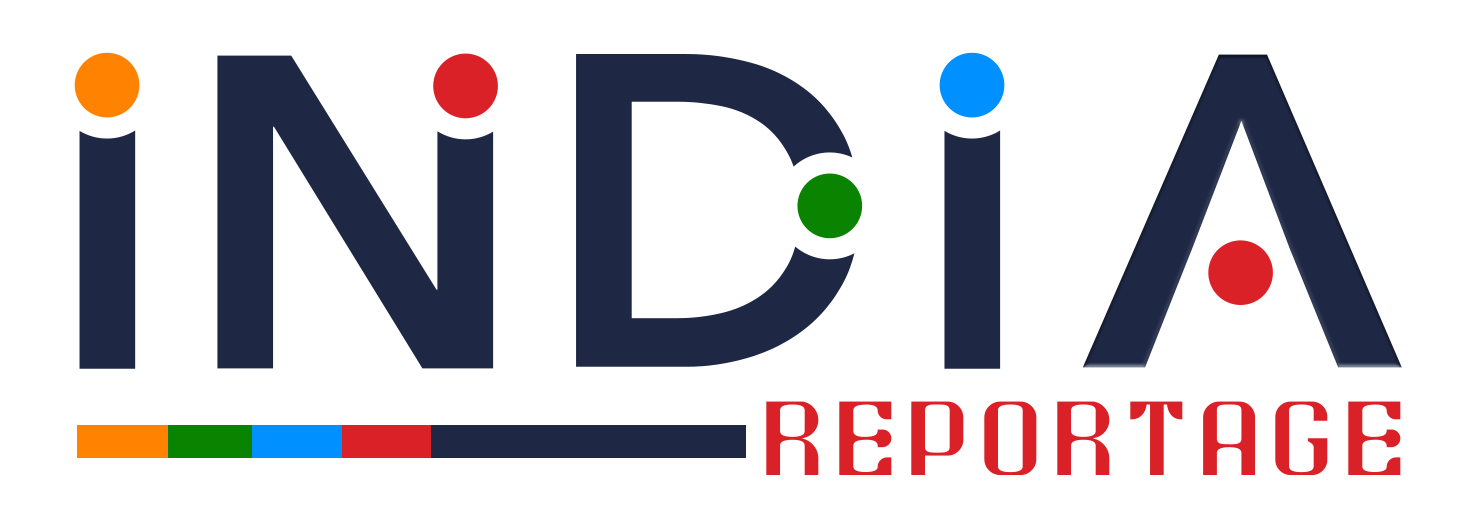Launched in 2014, the Pro Kabaddi League PKL has revolutionized Kabaddi and brought it closer to the fans. As the League gears up for its Season XI starting October 18, PKL Technical Director E Prasad Rao took time off to give insights into how refereeing has evolved in the last ten years.
A training camp has been organized by Rao and his team in advance from October 1 to 14 for 45 referees, including eight women and 20 first-time officials. This is a significant rise from last season’s 37 referees, a PKL press release said.
Rao, who has been part of the PKL since its inception, said he helped mold the rules and regulations to make the sport look more attractive. He reflected on how officiating has shaped these past years. “I was involved from the very beginning, setting the stage for officiating standards,” he said.
For sure, one of the main changes has been the introduction of structured training for referees. “After the launch of PKL, formal training courses and workshops became necessary,” Rao explained. “Officiating isn’t just about certification anymore. We now teach referees the nuances of their role,” he added. This transition from informal to professional development has been instrumental in lifting officiating standards.
PKL pioneered TV umpiring in Kabaddi, which is a revolutionary change. “We were the first ones who brought in TV umpiring,” said Rao proudly, “and that cleaned up the decisions in the sport moving at such a brisk pace.”
The league has also been responsible for creating specialist roles, such as four-line umpires, a role that did not exist previously. The result of this has been fairer and more accurate judgments during matches.
Fitness and mental preparation have become the prime focus. “We start training early, focusing on agility and reaction time because we are into a fast-paced game like kabaddi,” Rao elaborates. Yoga sessions are even included in the league as a means for the referees to keep their cool under pressure.
Communication skills have also improved. “We now work with elocution experts to help referees communicate in a more specific and standardized manner,” he said. This helps in maintaining consistency both in terms of signaling and also verbal cues.
Rao said the PKL’s referee training program has become a benchmark for others. “State associations and international bodies are now holding similar workshops,” he said. Rather aware of the growing importance of referee development.
Looking ahead, Rao urged that officiating would be of prime importance to the future success of the league. “Good refereeing is vital for any competition’s success,” he said. A key ingredient of the league’s success so far is an insistence on quality officiating. And this emphasis has helped boost the game’s professionalism and respect for referees.
This season heralds a decade of PKL and thus the beginning of improvements in refereeing to show the League’s concern for excellence. Improvement in officiating kabaddi will keep getting better with continuous innovation and focus.
ANI


